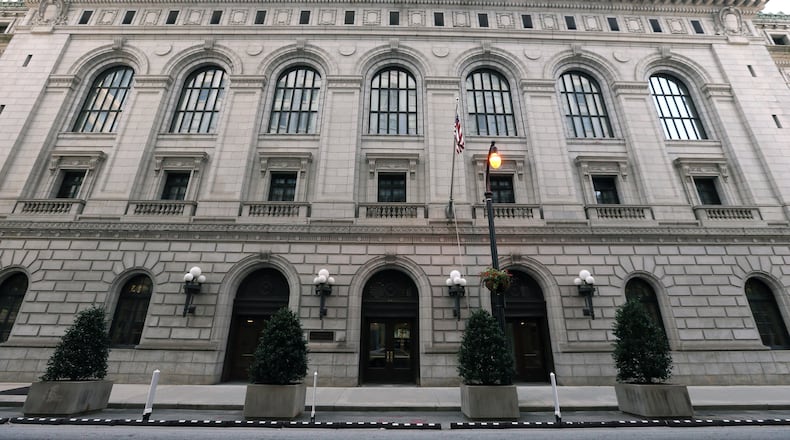On June 5, the U.S. Senate Judiciary Committee began evaluating Middle District of Florida U.S. Magistrate Judge Embry Kidd, whom President Joe Biden nominated on May 8 to succeed 11th Circuit Judge Charles Wilson. In January, after a quarter century of dedicated appellate court service, Wilson, a well-respected jurist, announced that he would assume senior status upon his successor’s confirmation. The 11th Circuit includes Alabama, where Kidd grew up, Florida where the nominee worked in the federal courts for a decade, and Georgia, where he attended college at Emory University.
Kidd who is very experienced. Since 2019, Kidd has served as a magistrate judge in Orlando, discharging a broad array of responsibilities for federal civil and criminal litigation. For the prior half decade, he served as a middle district assistant U.S. Attorney, prosecuting a wide range of cases. From 2009 to 2014, the nominee practiced with the highly regarded Washington, D.C., law firm of Williams & Connolly. From 2008 to 2009, Kidd served as a law clerk for legendary Fourth Circuit Judge Roger Gregory. In 2008, Kidd earned a law degree from the Yale Law School, and in 2005, he earned a bachelor’s degree from Emory. Kidd’s substantial, mainstream experience demonstrates that the Senate should promptly confirm him.
Credit: Handout
Credit: Handout
The White House instituted a process to suggest able, moderate prospects by consulting Florida Sens. Marco Rubio and Rick Scott, both Republicans. They proposed a few qualified candidates, whom Biden scrutinized before he decided on Kidd.
Kidd’s record, compiled over many years, demonstrates that the nominee is highly competent and ethical, with measured judicial temperament. He would also bolster the appeals court’s diversity in terms of ethnicity, ideology and experience. Kidd earned a unanimous American Bar Association well-qualified rating, which is the best. These attributes were on full display when Kidd testified in a Senate Judiciary Committee confirmation hearing, and panel members seemed pleased with his answers. Committee Chair Dick Durbin, D-Ill., enthusiastically introduced Kidd and talked about the 13,000 matters Kidd had addressed as a judge. Carefully anticipating questions that GOP senators could pose, Durbin asked the nominee to discuss cases that those senators might have found controversial. Kidd then explained the decisions and how he reached them.
Sens. Mike Lee, R-Utah, and Marsha Blackburn, R-Tenn., asked Kidd about a law review article on rape by a Yale classmate who thanked him for help with the piece. However, Kidd said he remembered talking with her many years ago about certain of the article’s ideas but they were not his; the nominee denied contributing to the piece. Sen. John Kennedy, R-La., posed a few questions to which Kidd ably responded. Kennedy asked Kidd about the war powers, and he suggested that the Constitution affords Congress the power to declare war. A second query implicated delegated powers, which Kidd replied should be narrowly confined. Kennedy appeared satisfied with Kidd’s answers.
On July 11, the committee will likely discuss and vote on the nominee, whose candidacy will probably receive bipartisan support after minimal discussion. When the Senate nears the August recess, Majority Leader Chuck Schumer of New York might pursue cloture to end debate regarding Kidd. The Senate could debate and vote before or after the recess.
Other ideas support Kidd’s prompt confirmation. First, Judge Wilson’s vacancy has remained open since his January decision to assume senior status. That increases pressure on the jurist and his colleagues to address significant case loads. Moreover, demanding that candidates wait protracted times for nomination and confirmation can mean they leave careers and lives on hold and even dissuade superb people from contemplating bench service.
With the chamber’s return from its July 4 recess, the panel should promptly discuss Kidd and report him. The Senate then must quickly afford cloture, convene a floor debate and confirm the nominee to the prolonged 11th Circuit vacancy. Kidd’s excellent record means that the nominee deserves swift confirmation, and his powerful qualifications will help the court continue to expeditiously, inexpensively and fairly resolve substantial appeals.
Carl Tobias is the Williams Chair in Law at the University of Richmond.
About the Author
Keep Reading
The Latest
Featured



